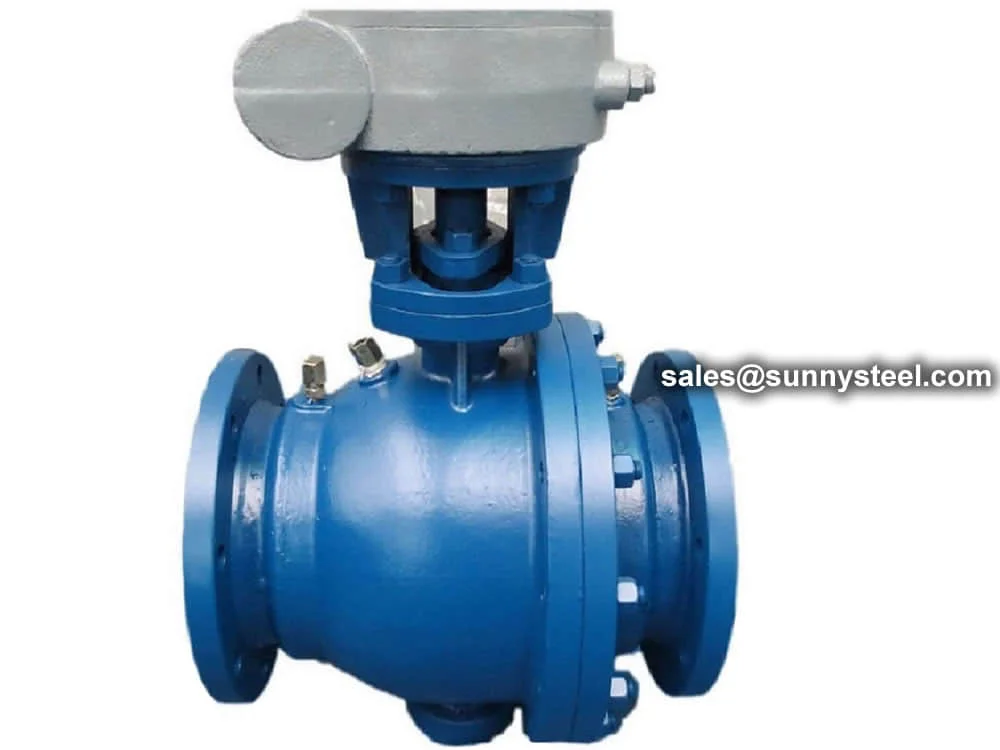
Ball Valve
Durable, Leak-free Valves For Industrial Flow Regulation
A ball valve is a shut-off valve that allows, obstructs, and controls the flow of liquids, gases, and vapors in a piping system by rotating the ball having a bore inside the valve.

Durable, Leak-free Valves For Industrial Flow Regulation
A ball valve is a shut-off valve that allows, obstructs, and controls the flow of liquids, gases, and vapors in a piping system by rotating the ball having a bore inside the valve.
Ball valves are among the most widely used valves in industrial and commercial piping systems. Known for their durability, low cost, and ease of use, they provide efficient flow control across a wide range of applications.
Ball Valves are advanced flow control devices that utilize a hollow, perforated, pivoting ball to regulate the flow of liquids, gases, or vapors in industrial piping systems. Compliant with standards like API 6D, ASME B16.34, and GB12237, these industrial ball valves are crafted from materials such as stainless steel (AISI 304/316), carbon steel (A105), and nickel alloys, offering exceptional corrosion resistant valves properties. Widely used in petrochemical, water supply, power generation, and chemical processing industries, ball valves ensure robust boiler pipeline protection under pressures up to 2500 PSI and temperatures ranging from -29°C to 425°C, depending on material and design.
Manufactured through precision forging or casting, ball valves feature a spherical closure element with a bore that rotates 90° to open or close the flow path. Available in sizes from 1/4" to 48" (DN6 to DN1200), they support threaded (NPT, BSP), flanged, or butt-welded connections, ensuring compatibility with diverse piping systems. The design includes two seats for tight sealing, with PTFE or metal seats enhancing leak-free performance. Surface treatments like passivation or electro-polishing bolster corrosion resistance, making them suitable for harsh environments involving seawater, acids, or alkalis. Floating or trunnion-mounted designs cater to low- or high-pressure applications, respectively, with fire-safe designs meeting API 607 standards for added safety.
Ball Valves undergo rigorous testing, including hydrostatic, leakage, and fire-resistant tests, to comply with API 598 and GB/T13927 standards. With a minimum tensile strength of 515 MPa and yield strength of 205 MPa for AISI 316, these high-pressure ball valves ensure durability in demanding conditions. Their quarter-turn operation allows quick shut-off, while soft or metal seats provide precise flow control for throttling applications. Compared to gate or globe valves, ball valves offer lower pressure loss and faster operation, making them ideal for fluid control valves in oil and gas pipelines, water treatment plants, and HVAC systems. Anti-static devices and blowout-proof stems enhance operational safety.
Compared to butterfly or check valves, industrial ball valves provide superior sealing and durability in high-pressure and corrosive environments. Certified by API 6D for pipeline safety and NSF/ANSI 61 for potable water, they support manual, pneumatic, or electric actuation for versatile control. Their compact design and low torque requirements facilitate easy installation and maintenance, with replaceable seats and seals extending service life. Specialized designs, such as cryogenic ball valves, handle liquified gases like LNG at -196°C, while ceramic-lined options resist wear in abrasive slurry applications.
Addressing challenges like pipeline corrosion, leaks, and high-pressure demands, Ball Valves deliver reliable, efficient solutions for industrial piping systems. Their robust construction, corrosion-resistant materials, and precise control make them a preferred choice for engineers seeking durable pipeline shut-off valves. Whether in petrochemical refineries, water distribution, or power generation, these valves ensure exceptional performance, safety, and longevity, backed by Sunny Steel’s white-glove service for timely delivery and quality assurance.
A ball valve is composed of several key parts that work together to ensure reliable flow control. Each component plays a critical role in operation, sealing, and durability.
The main housing of the valve that holds all components together, providing strength and structural integrity.
A spherical disc with a hole (bore) through the center that controls fluid flow when rotated by the stem.
Connects the ball to the actuator or handle. Often secured with a square key design for torque transfer.
Covers and protects the stem, sealed with packing or O-rings to prevent leakage around the stem area.
Made of elastomeric materials such as Teflon, Nylon, or Neoprene to provide tight sealing and smooth operation.
Used to operate the valve manually or automatically. Large valves may include a planetary gearbox for torque reduction.

| Organization | Standard | Description |
|---|---|---|
| ANSI | American National Standards Institute | General industrial standards |
| API | American Petroleum Institute | Standards for oil and gas industry |
| ASME | American Society of Mechanical Engineers | Boiler and pressure vessel codes |
| BS | British Standards | UK national standards |
| GB, JB, HG | China Valve Standards | Chinese national and industry standards |
We offer valves in a wide range of materials to meet diverse industry requirements. Additional grades are available upon request.
| Material | Main Properties | Typical Applications |
|---|---|---|
| Carbon Steel | High strength, cost-effective | General industrial, water, oil & gas |
| Stainless Steel | Excellent corrosion resistance | Chemical, food, pharmaceutical |
| Alloy Steel | High temperature & pressure resistance | Power plants, refineries |
| Duplex Steel | High strength, seawater resistance | Marine, offshore, oil & gas |
| Nickel Alloys | Extreme corrosion & heat resistance | Chemical, aerospace, marine |
| Cast Iron | Low cost, limited strength | Low pressure water systems |
| Bronze & Brass | Seawater resistance | Marine, small valves |
Upstream, midstream, and downstream operations, including drilling, refining, and transportation.
Handling corrosive and hazardous chemicals in various chemical plants.
Steam, water, and fuel systems in thermal, nuclear, and hydroelectric plants.
Municipal water supply, wastewater treatment, and industrial water management.
Heating, ventilation, and air conditioning systems in commercial and industrial buildings.
Sterile and hygienic applications, precise flow control in sensitive industries.
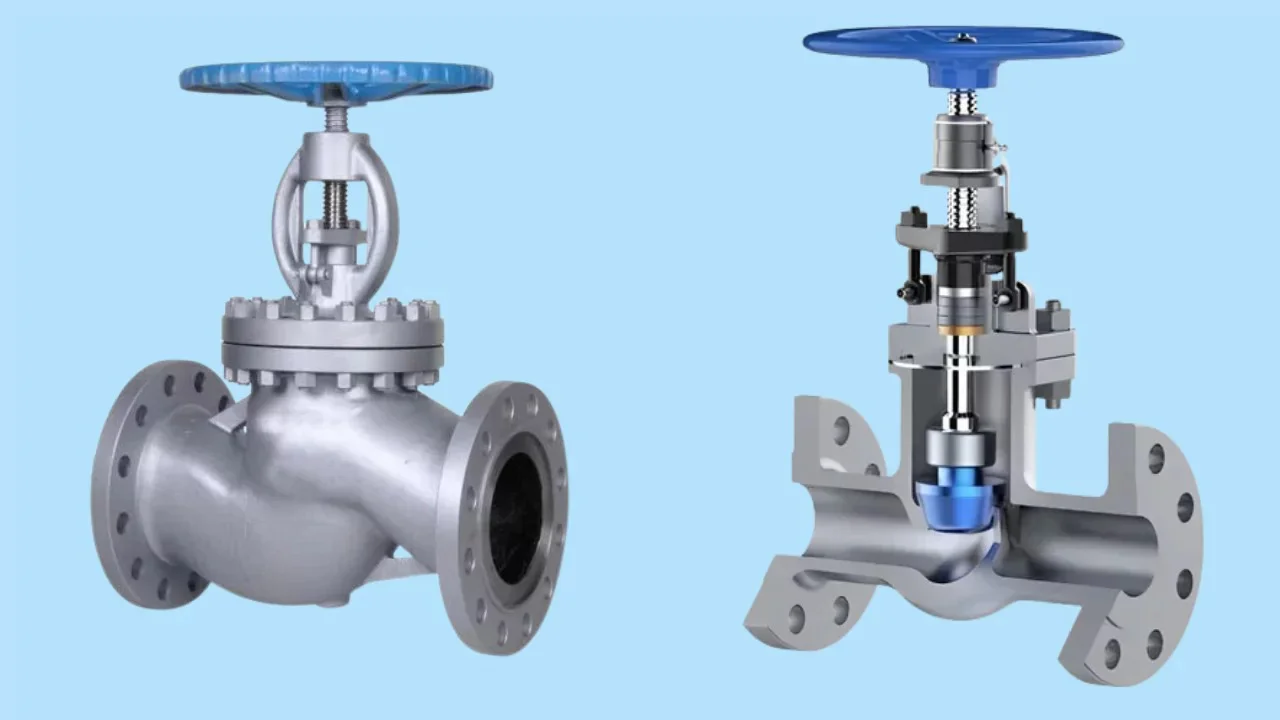
Globe valves provide excellent throttling capabili...
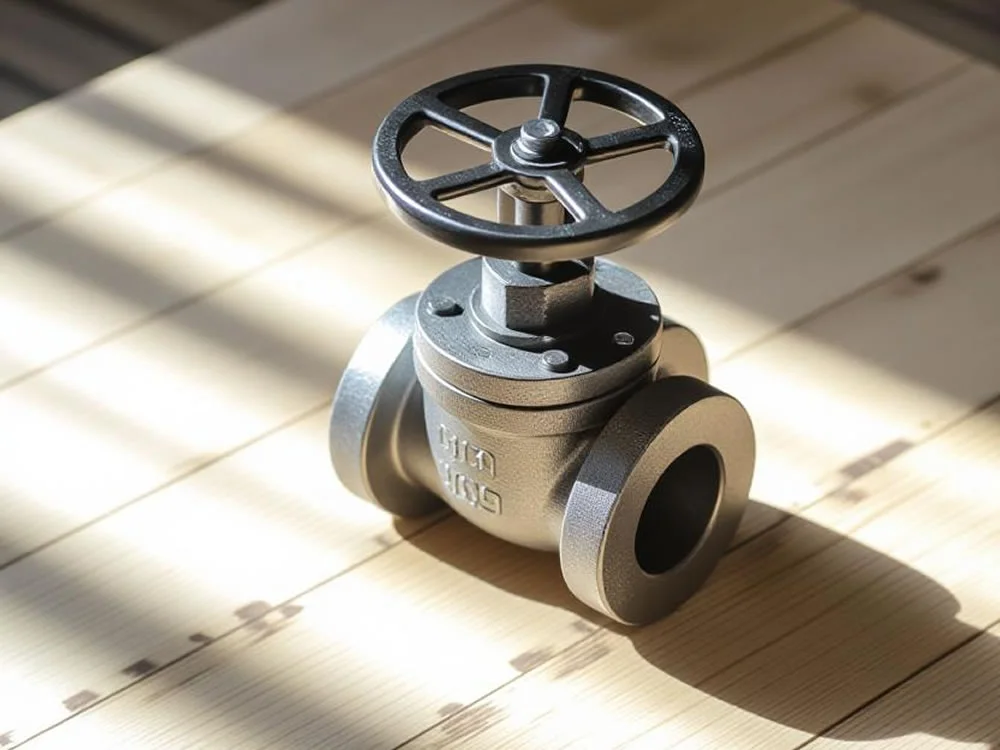
A check valve is a mechanical device that allows t...
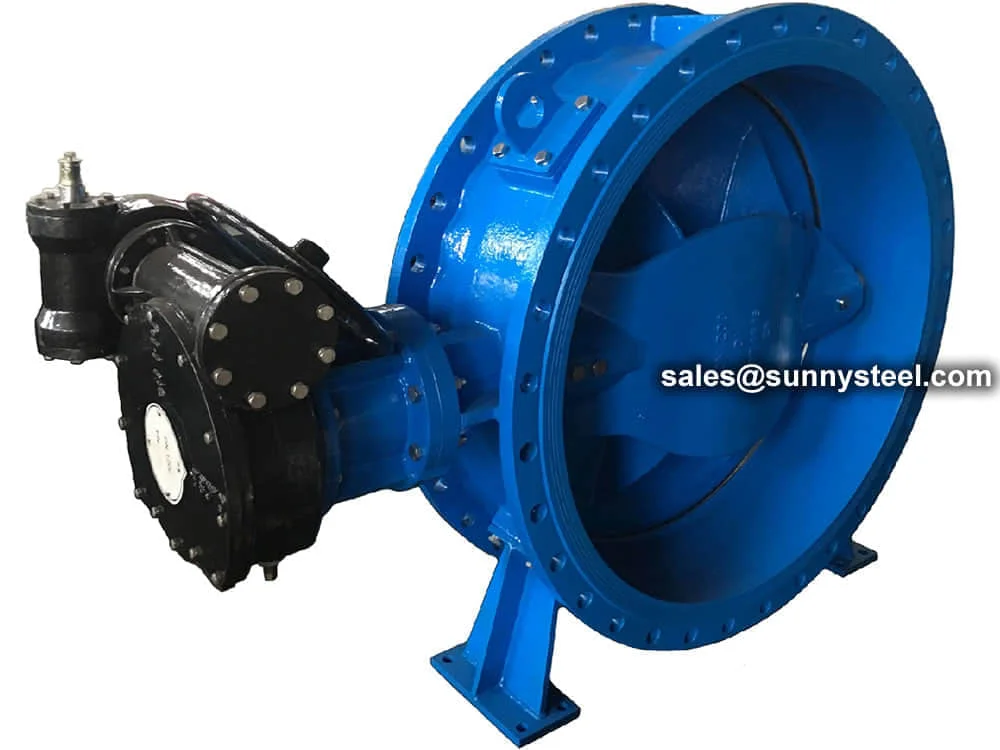
Butterfly valves for heat exchangers and hvac syst...
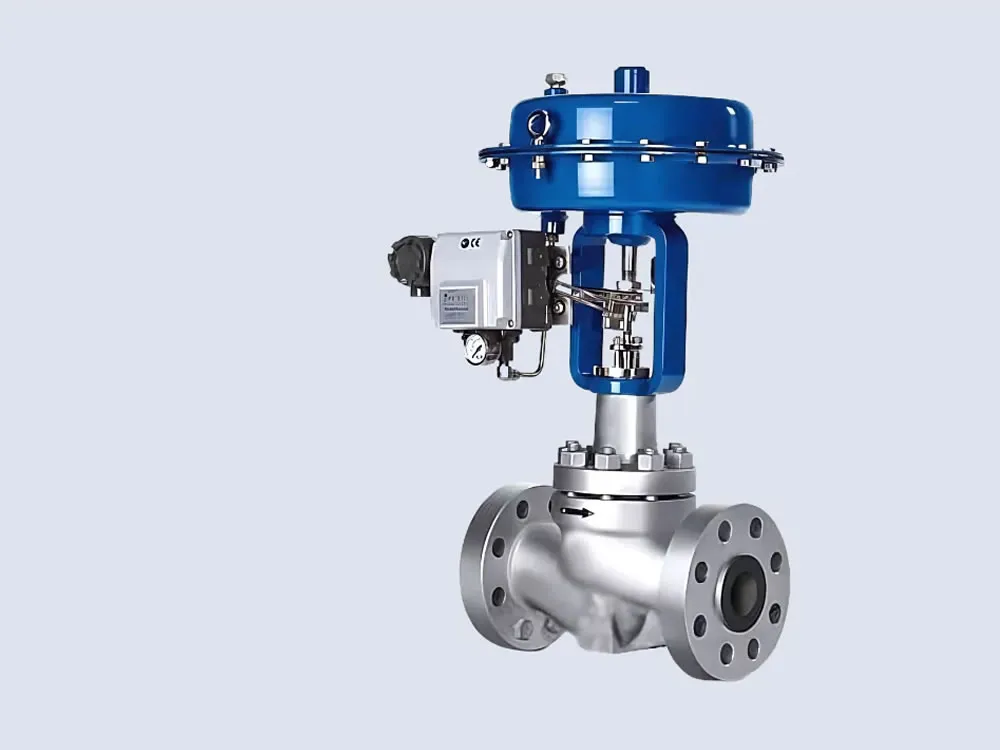
The control valve provides precise flow regulation...
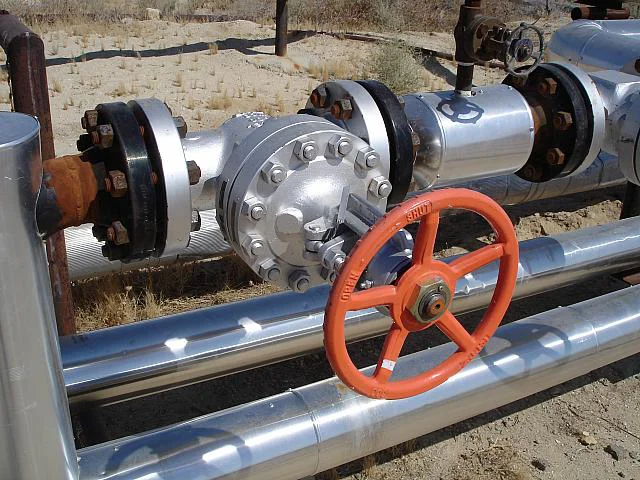
The gate valve provides reliable on-off flow contr...
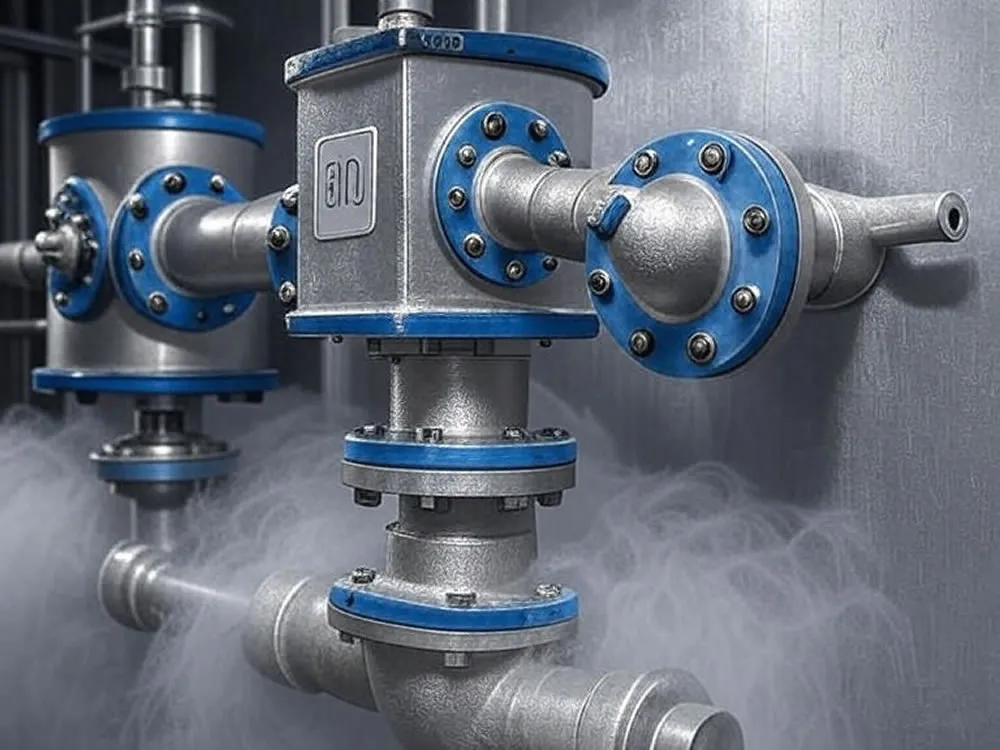
The cryogenic valve ensures reliable flow control ...